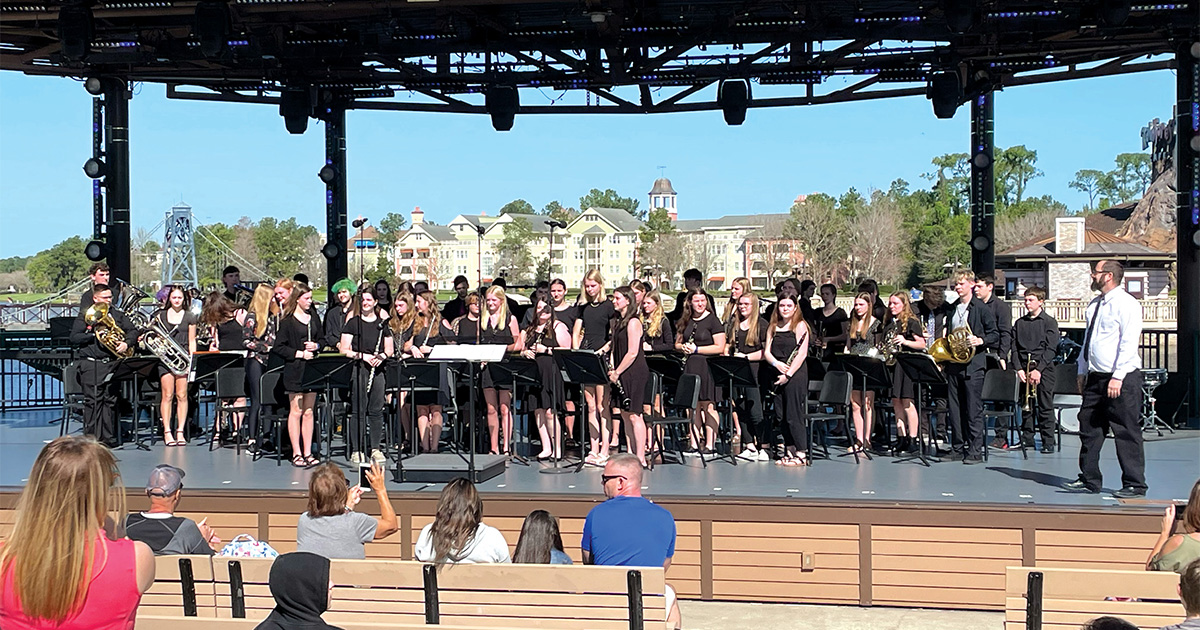Despite the world we live in being heavily rooted in the ever-evolving realm of technology, it’s become increasingly popular to unplug while traveling and soaking up new experiences. But before you have your students put their phones away completely during their trip, consider these positive aspects and methods of incorporating social media into your student travel plan.
Geo-Tags
The fun part of traveling is enjoying a different and unique learning environment you and your students would usually not be in. Geo-tags on Instagram allow students to select a location on their trip and scroll through other images tied to this location. In addition to being able to upload their own images, they can use geo-tags as a tool to view other experiences, relate to others who have traveled to this destination or even get an inside perspective from those who are local to the area. Who knows? Students may gain insight into a point of view they hadn’t previously considered.
Personalized Hashtags
It may seem hard to gather all your students’ thoughts and social media activity in one place, especially when abroad or on a trip—but fear not: Students can post using specialized hashtags, chosen by a teacher, when they share their thoughts in real time on platforms like Twitter. This allows information to be easily viewed in one place and accessible to friends and family at home, granting them an insider view of your group’s trip. Because these hashtags “live” on the web until they’re deleted, they also serve as a great way for students to look back on memories years down the road.
Photo Albums
Photos provide memories that can last a lifetime, so it’s important to document notable milestones throughout your trip. Create albums specific to your student’s trips, so all your photo content is gathered in and coming from one place—whether that’s a private class Instagram account, Facebook album or invite-only group with students and parents. Once home from your trip, students can examine what their peers chose to document and reflect on—creating a dialogue and expanding the overall educational value of your trip.
Going Live
Thinking back even just 10 years, it would have seemed incredible to have the capability to broadcast live to the world from a device we carry around in our pockets every day—yet here we are. Being able to share an experience live with an audience through our phones via Facebook allows people at home to view what students are encountering firsthand. Teachers can also use this feature to share a lesson with students back home and utilize the video in future lessons.
Trip Videos
Allowing students to get creative while on their trip is key to the experience being educational and fulfilling. Snapchat, a social platform that’s most likely already on your students’ phones, allows students to easily create their own trip “documentaries” by adding videos to their stories and saving those stories at the end of the day in one collective video. YouTube is another ideal platform for creating “travel journal” videos. Teachers can assign students specific focuses to document, while having the ability to only share videos with those invited to see them.
Phone-Free Time
This tip may seem to suggest the opposite of the previous pointers: How do students use social media positively while traveling if they don’t have their phones on them? To ensure students are absorbing, learning and enjoying their trip, it’s important they have some time without their phones. This will ensure they are engaged and actively learning, while also getting them excited to sit down and document it all later. Create a window of time where phones are allowed for students to snap photos, videos and take notes. Once that time period is over, have them put their phones away so they don’t miss anything.
Student travel doesn’t have to exclude social media completely; it just takes a calculated approach and methods that incorporate these tips.
Written by Sarah Suydam, Staff Writer for Teach & Travel.
This article originally appeared in Teach & Travel.




